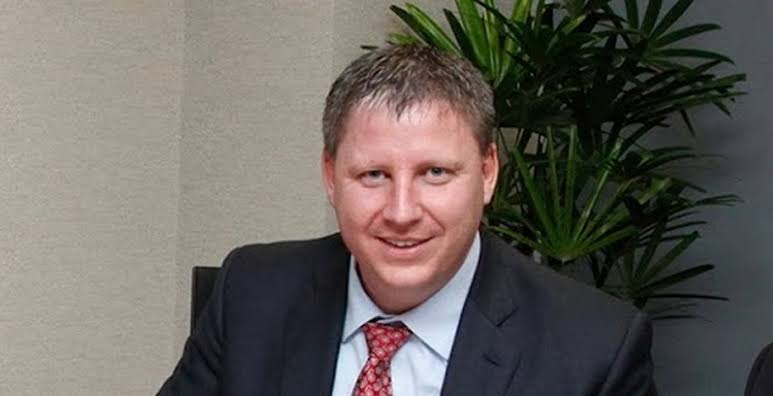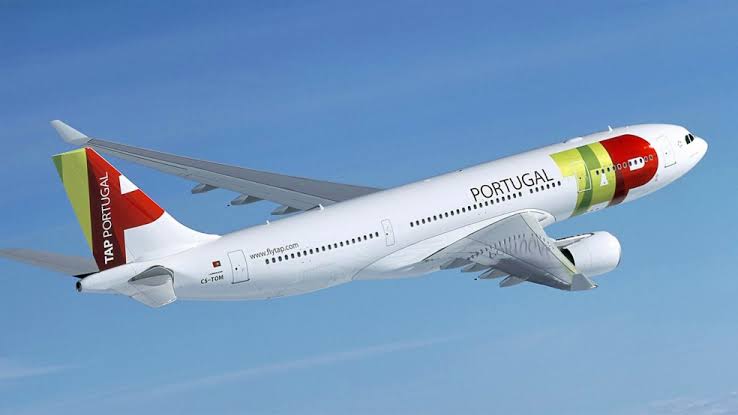RIO DE JANEIRO, BRAZIL – The CEO of Azul, John Rodgerson, said that the airline intends to maintain an annual investment of R$6 (US$1.5) billion in the next two or three years to continue its path of expansion in Brazil.
For 2020, the company, according to the executive, wants to break new records with the addition of more aircraft in its network and inaugurate between six and eight new cities, and one of the new routes will be abroad.

With approximately 28 million customers transported at the end of this year, Azul’s goal is to surpass in 2020 the mark of 30 million customers.
“We have 31 new aircraft arriving. We will receive at least two per month. Each aircraft has more seats and will allow Azul to fly more hours a day. With more seats, we will have much more choice in Brazil, which we need because there were many years without much choice,” said Rodgerson, in a conversation with the press, on the afternoon of Tuesday, December 10th.
Azul should reach, according to the executive, almost a thousand flights per day in December. He recalled that at its peak, Varig had 250 daily flights. With more flights, the company, according to Rodgerson, will continue hiring more next year. In 2019, Azul hired 2,000 new employees, including 800 former Avianca employees. Avianca Brasil is under judicial reorganization.
During a year-end meeting with journalists, the president of Azul lamented the fact that the company could not buy its former competitor Avianca, which stopped operating in Brazil.
According to him, the focus of Azul is domestic. “There are many Brazilians who have gone to Miami and do not know Foz do Iguaçu. It’s a shame. We want to change that. Our focus is domestic. It’s Brazil,” said Rodgerson, adding that the company that takes advantage of the current moment in Brazil. “We want to help Brazil take off,” he added.
He also said Azul is expected to invest more than R$120 million in its new hangar, which will be the largest in Latin America and will have 800 ground staff personnel. The expectation, according to the company’s CEO, is that the new space will be ready in the first quarter of 2020.
Cooperation with TAP
Azul expects to start the joint venture with Portuguese TAP in about six months, according to the vice-president of revenue of Azul, Abhi Shah.
The agreement was approved on Monday, December 9th, by the Board of Directors of the company, and now work will begin with the appropriate regulatory bodies to go beyond mere paper with the partnership that aims to operate between Brazil and Europe.
“Now begins the work with the regulatory agencies, such as Cade (Administrative Council for Economic Defense), to get all the approvals for the joint venture. We expect that in about six months we can start implementing the joint venture”, explained Shah.
According to him, with the start-up of the joint venture with TAP, Azul’s goal is to allow its customers, whether flying on Azul or its Portuguese partner, not to feel any difference.

“Our focus is to increase partnerships and give more connectivity to our customers in Brazil and abroad,” said the vice president of revenue of Azul, also mentioning the joint venture that the airline has with United.
Azul announced the joint venture with TAP last month. The relationship, however, began a while back. Recently, both have narrowed the relationship further. In March, the Brazilian company and its founder, businessman David Neeleman, reinforced the capital of TAP by acquiring the 20 percent stake that the Chinese conglomerate HNA held in Atlantic Gateway (owner of 45 percent of TAP).
In the past, Azul acquired convertible bonds from the company. Adding these two investments, the Brazilian company now holds 47.3 percent of TAP’s stock.


![Azul Linhas Aéreas Brasileiras S/A (Azul Brazilian Airlines; or simply Azul) is a Brazilian carrier based in Barueri, a suburb of São Paulo.[6] The company's business model is to stimulate demand by providing frequent and affordable air service to underserved markets throughout Brazil. The company was named Azul ("Blue" in Portuguese) after a naming contest in 2008, where "Samba" was the other popular name.[7] It was established on May 5, 2008 by Brazilian-born David Neeleman (founder of American low-cost airline JetBlue), with a fleet of 76 Embraer 195 jets.[8] The airline began service on December 15, 2008.[9][10]](https://www.riotimesonline.com/wp-content/uploads/2019/12/Azul1.jpg)